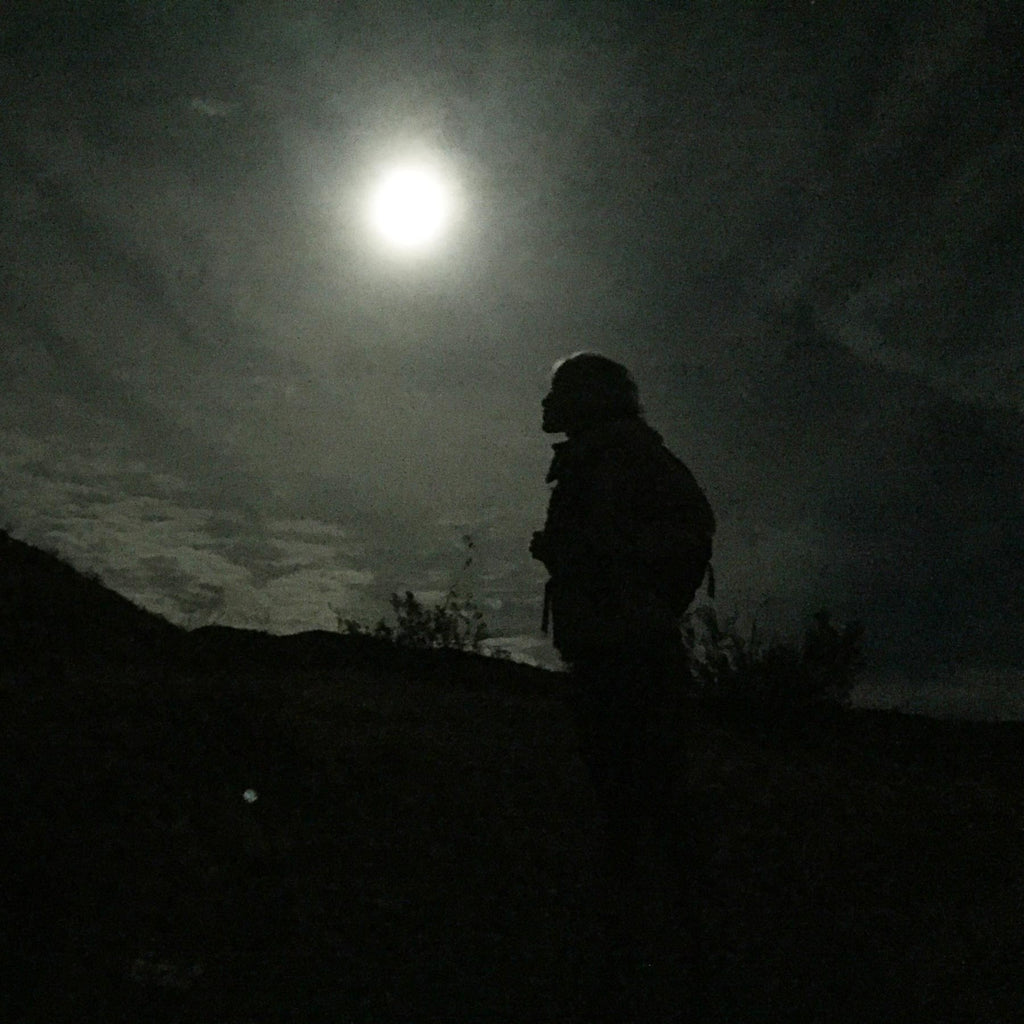Most of us know that our brains go through a series of cycles each night while we sleep, but many of us don’t really understand the huge undertaking that our brains go through to help us fully rest, recuperate, heal, and recharge. This article sets out to demystify those intangible stages and give us a greater understanding of the power of our brains, and what in the world is happening in that dreamy land of la la. You will also learn the latest hacks to improve your sleep. Sleep enhancement starts as soon as you wake!
You already know that sleep is an essential part of life and functionality. When you sleep, your entire body undergoes a series of changes that are ruled by the brain, which enables the necessary rest that is vital to your overall health and wellbeing. Sleep allows the brain and body to slow down and engage in the process of recovery, promoting better physical and mental performance, both when you awaken the next morning, and over the long haul.
Sleep is one of the five pillars of longevity that we can manipulate to affect our health span and our life span. The other four pillars, as outlined by Dr. Peter Attia, are exercise, nutrition, emotional health (including stress resiliency), and taking exogenous molecules such as Turmeric, Resveratrol, Metformin, NMN, or Rapamycin as appropriate to you. Want to live a long & healthy life? You can start by going to bed!
During sleep, every part of your body experiences unique physiological changes. Once you’ve fallen asleep, thousands of neurons in your brain switch from waking to sleep state, sending different signals to all parts of your human body.
What happens when you don’t sleep?
These fundamental processes get short-circuited and affect your thinking, concentration, energy levels, and yes, your mood. This is why experts recommend 7 to 9 hours of sleep each night for adults, and even more for children and teens. (You may be tempted to roust the sleepy teen on a weekend afternoon, but after reading this, you may now choose to let them snooze.)
I got quite sick in my mid 30’s. It was the result of pushing too dang hard for too dang long. Read: I did not sleep. The result was genuine burnout. Sleep and performance go together. To put it simply, an “I’ll sleep when I die” lifestyle simply does not pan out.
The Sleep Stages
The progression of sleep stages and cycles in one period (night) of sleep is called Sleep Architecture.
During a normal night of sleep, our brains will move through four or five full sleep cycles. Each sleep cycle can be as short as 70 minutes or last as long as two hours, passing through 4 different stages within each cycle: awake, light, deep, and REM sleep. (REM stands for Rapid Eye Movement, like is sounds, a period where your eyes are rapidly and uncontrollably fluttery.)
During a sleep cycle, the brain and body will go from light sleep stage to the deep sleep stage, then back to light sleep, then into the REM stage. This cycle can repeat itself, or it can vary depending on your particular brain’s activity level.
What’s Happening During the Sleep Stages?
The first three stages are non-REM activity.
Stage 1 is short. It’s that period of time when you are dozing off and transitioning into sleep. This stage is called the Awake period, and happens when you first lay down your head, and once again when you’re rising out of your final stage of slumber. Many people will wake up several times in the night but are able to immediately fall back into light and deep sleep. For those who cannot fall back to sleep, this stage is called “insomnia” and is a story for another day!
Stage 2 is a little bit deeper as you are still transitioning into the restorative stages of sleep. Some people have extra-long periods of this stage of sleep and are therefore called ‘light sleepers’. This is a protective mechanism of our brain, keeping us alert and aware of danger, and it’s why new mothers are sometimes lighter sleepers because biologically they are listening for their child’s cry in the night. This stage is called Light Sleep, where you may experience your muscles relaxing, maybe even jerking a bit. Your heart rate is slowly decreasing, and your body temperature drops – you subconsciously reach for a blanket and begin to start “snuggling”.
Stage 3 your body is moving into recovery mode, and still slowing down even further. While this is happening, your overall brain activity slows. You are less likely to be awoken during this stage of sleep, but if you are, you are most likely disoriented or groggy. You are in a state of Deep Sleep and your blood pressure has dropped. This is where the body begins to repair itself by increasing blood flow to the muscles, growth hormone is released, and tissue growth and cell repair takes place. Your brain begins to flush waste, and if monitored, would show long, slow brain waves.
Stage 4 is REM Sleep, when your brain shoots back up to levels that match those of when you are awake. This is when you have the most vivid or lucid dreams! Your breathing and your heart rate are starting to increase from the slower stages they were in, but crazy as it sounds, our brain will paralyze our muscles so that we don’t act out those vivid dreams. During this stage, your brain is solving problems, processing what it is you have recently learned, and filing away memories.
During the first couple of sleep cycles of the night, you’ll spend more time in the light and deep sleep stages, (called Non-REM, or NREM). During the second half of the night, you’ll experience greater periods of REM sleep and is why so often your most memorable dreams happen early in the morning, or shortly before you wake up.

Tips for Improved Sleep
Want a good night’s sleep? Preparation begins as soon as you wake.
- Get sun on your skin upon waking (this is particularly important when traveling.)
- Exercise (morning is best. Anything that raises your heart rate before bed can be problematic for many.)
- Limit caffeine (none after 11:00am.)
- Turn off electronics 1 hour before bed.
- Wear blue blockers when looking at screens—even the TV—after sundown.
- Remove television from bedroom.
- Journal, brain dump.
- Make a list for the next day.
- Practice mindfulness throughout the day (savor meals, hugs, common sounds, each step you take.)
- Don’t eat or drink 3 hours before bed (little sips of water or soothing tea are fine. You don’t want to short circuit your sleep cycle with an urge to pee!)
- Stretch (we love restorative Yin Yoga.)
- If you find yourself awake for longer than 15 minutes during the night, don’t just toss and turn. Get up and read, write, meditate or roll on massage balls until you’re sleepy again. Only then lay back down to fall asleep. (This trains your brain to sleep whenever you are lying in bed.)
- Listen to a soundscape or white noise.
- Take a warm bath/shower.
- Keep your bedroom cool (sleep research shows 65-67 degrees Fahrenheit is best.)
- Just as you awoke to the sun, say goodnight to the night by actually going outside and letting your body marinate in the darkness for a bit.
- Settle your nervous system through a contemplative practice of choice such as prayer, gazing at the spaces between stars, breathwork or meditation.







